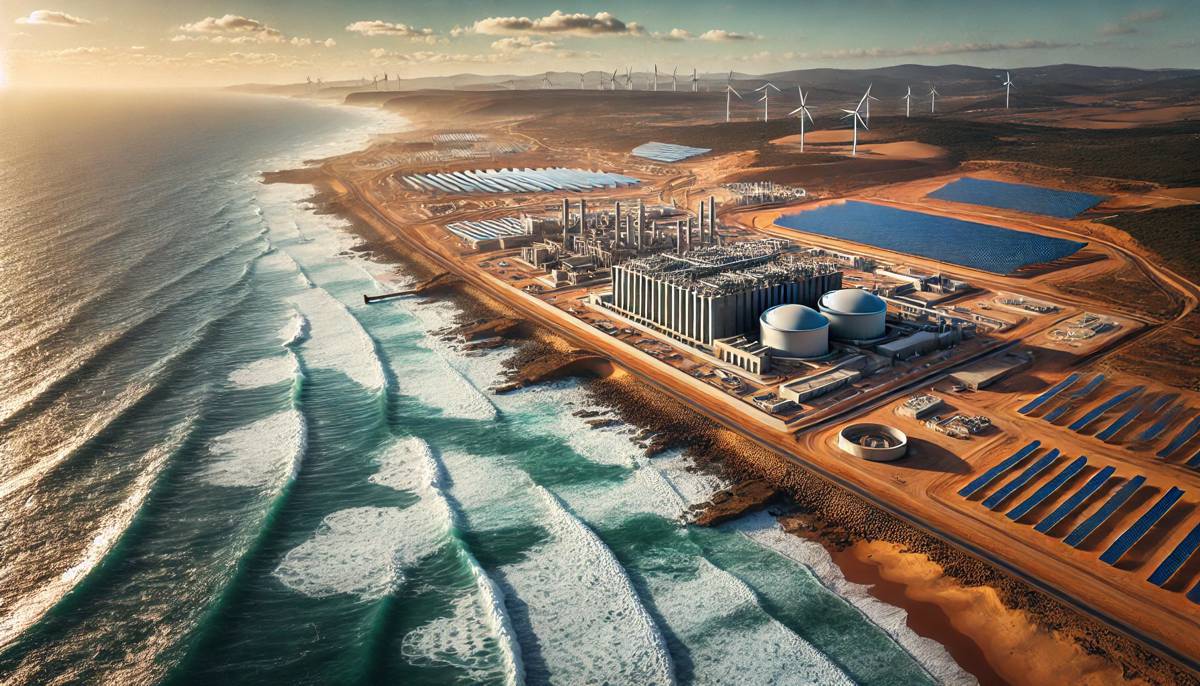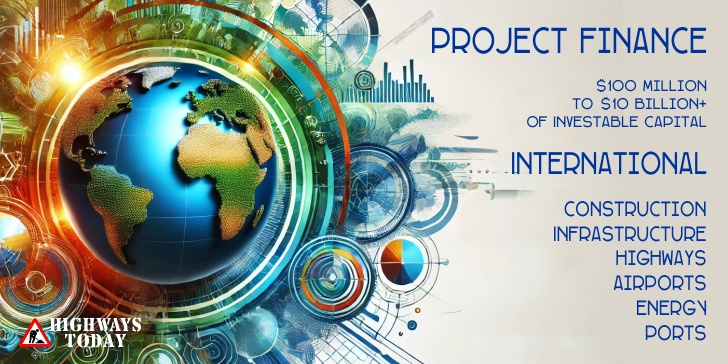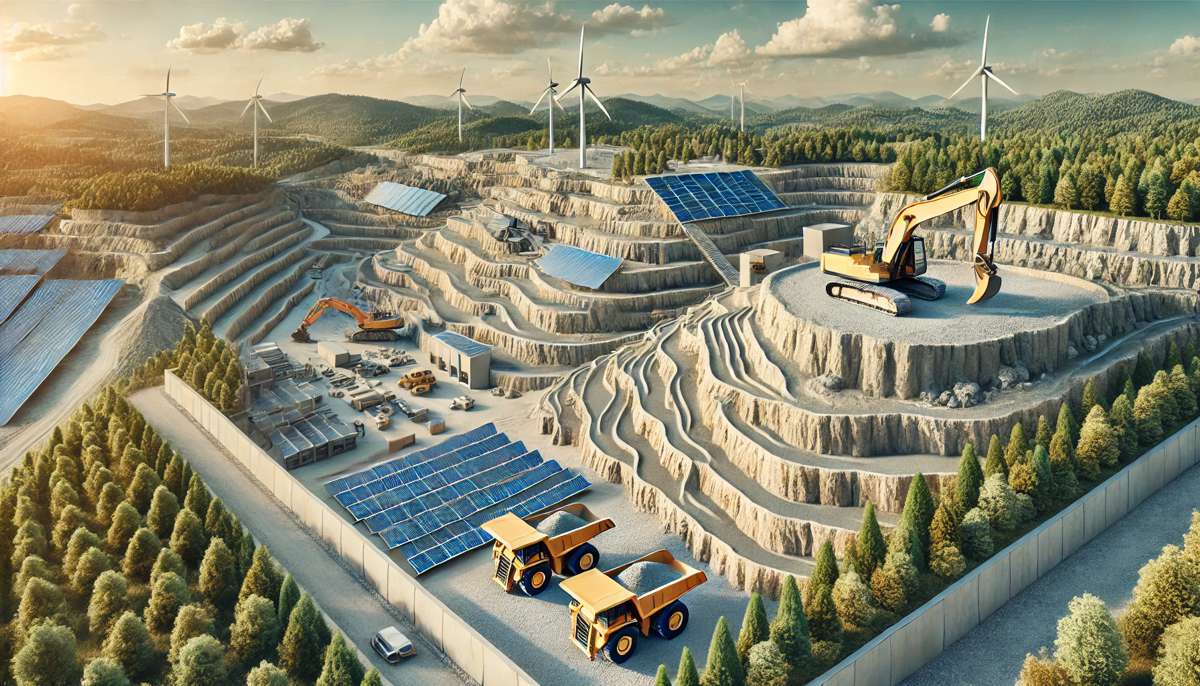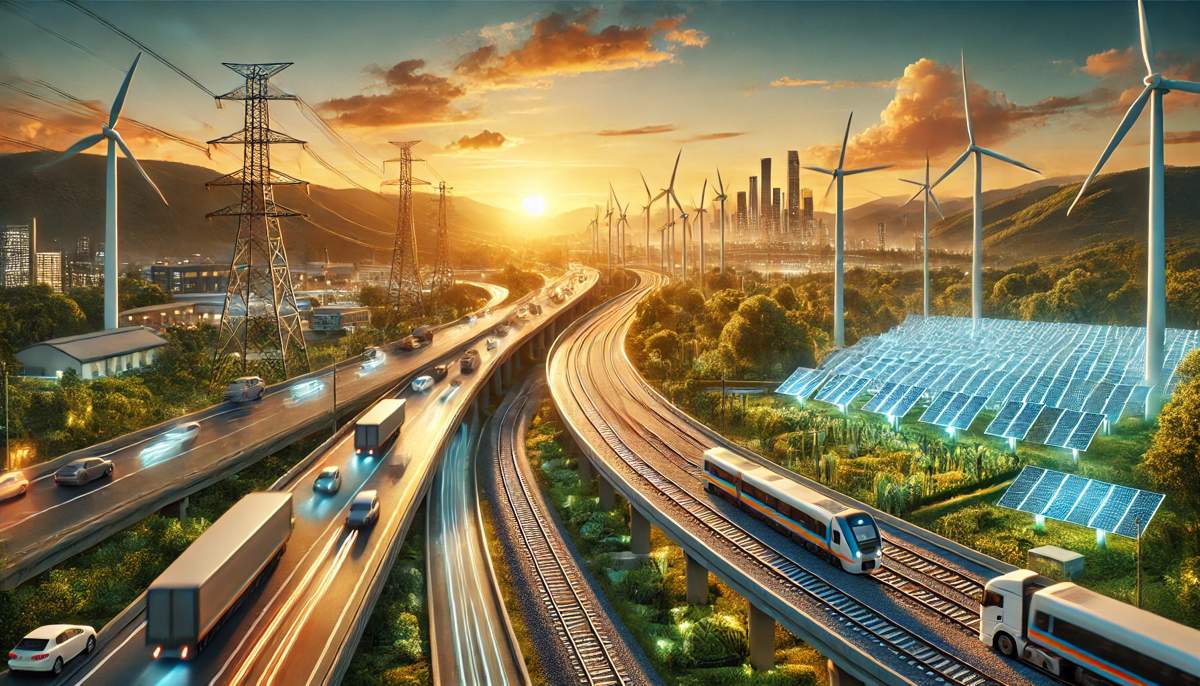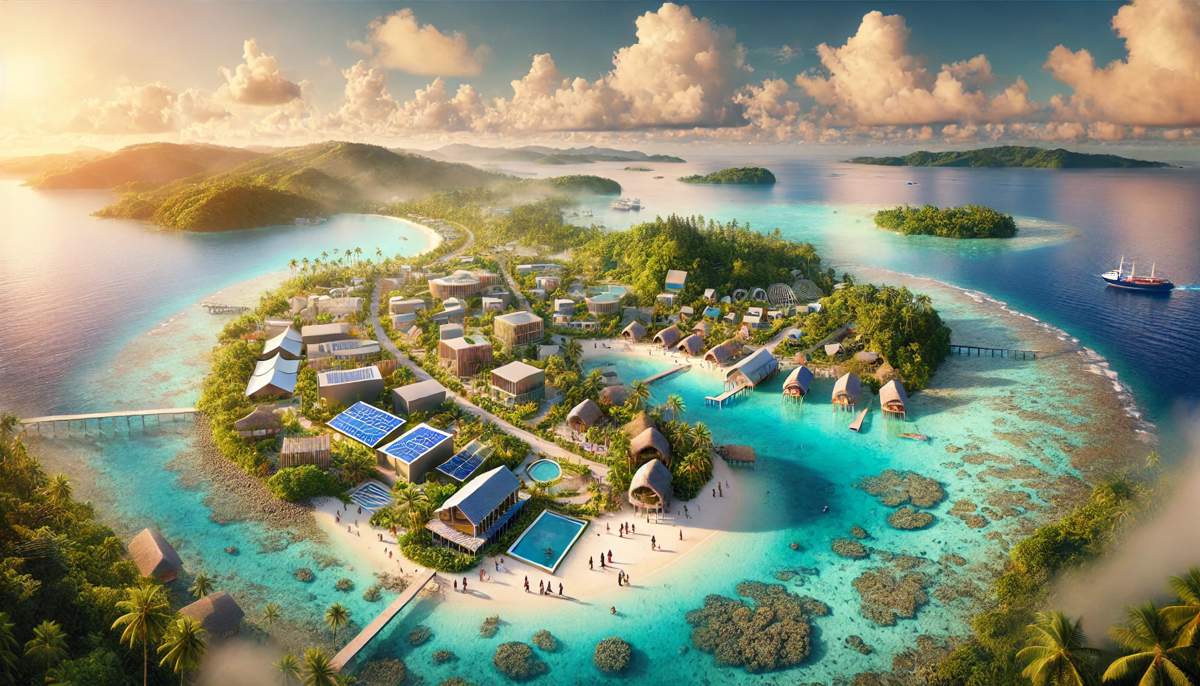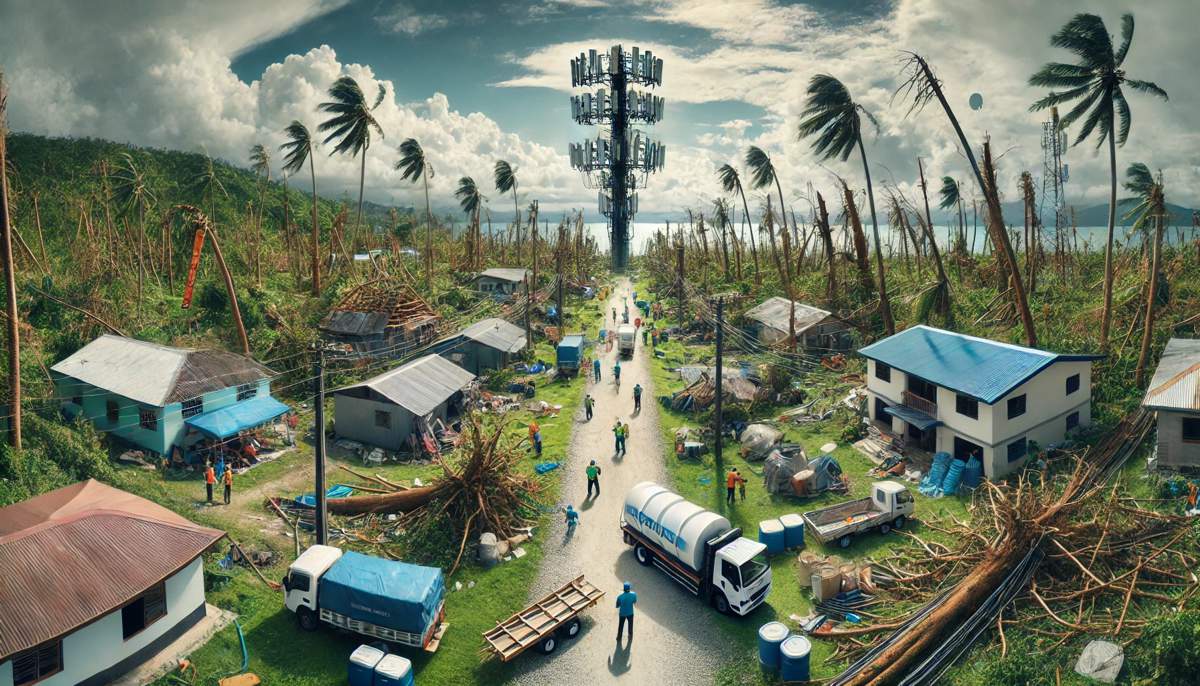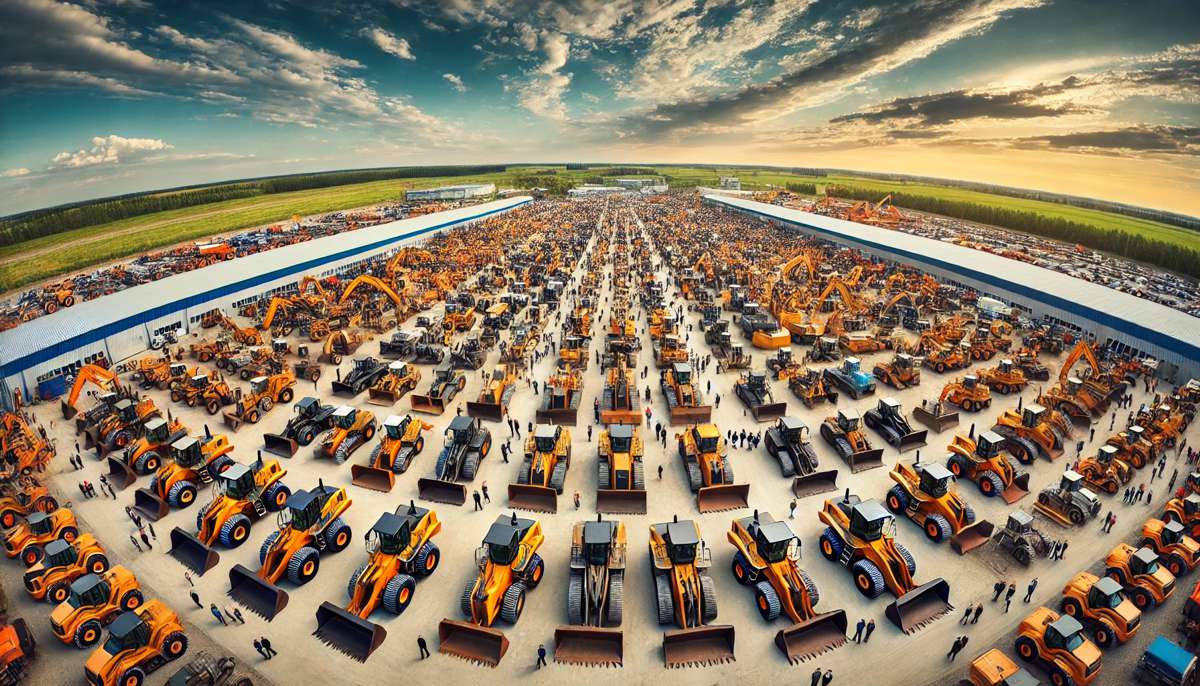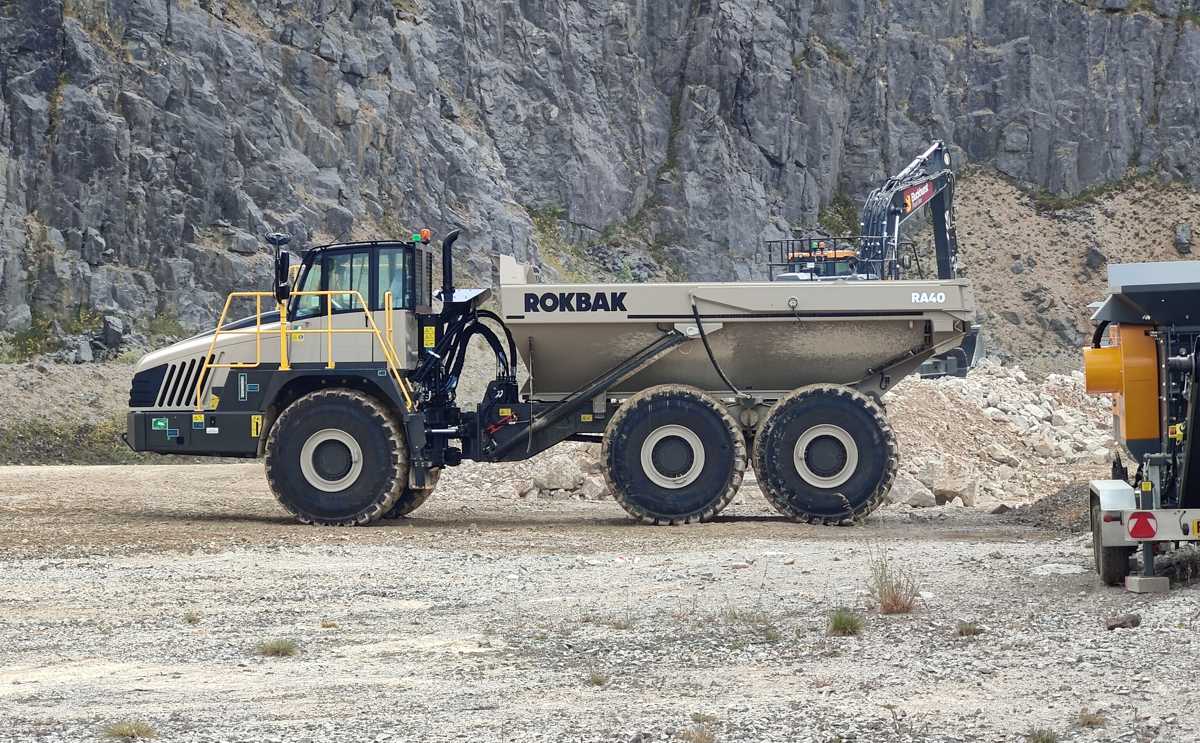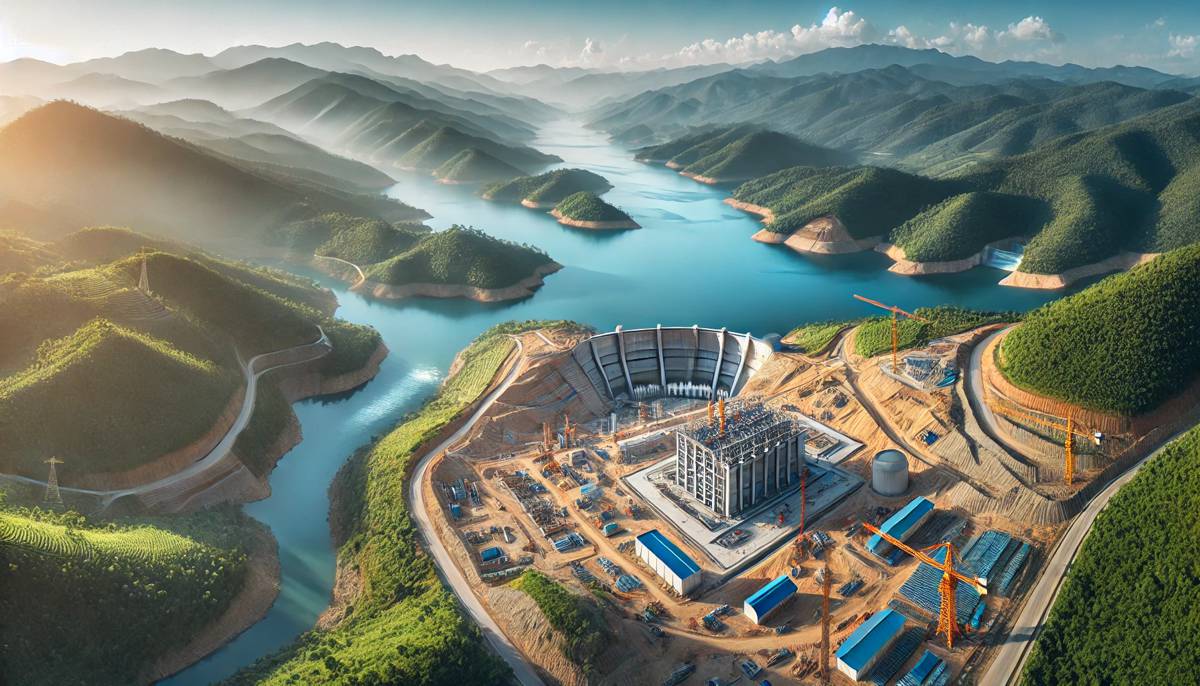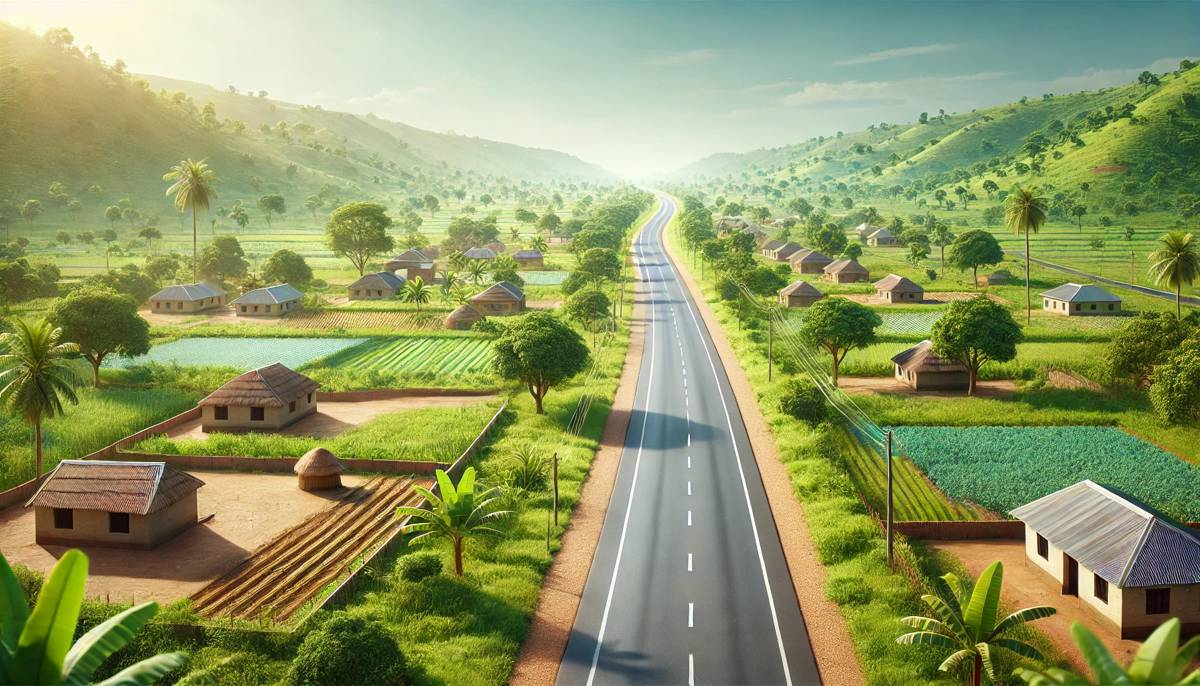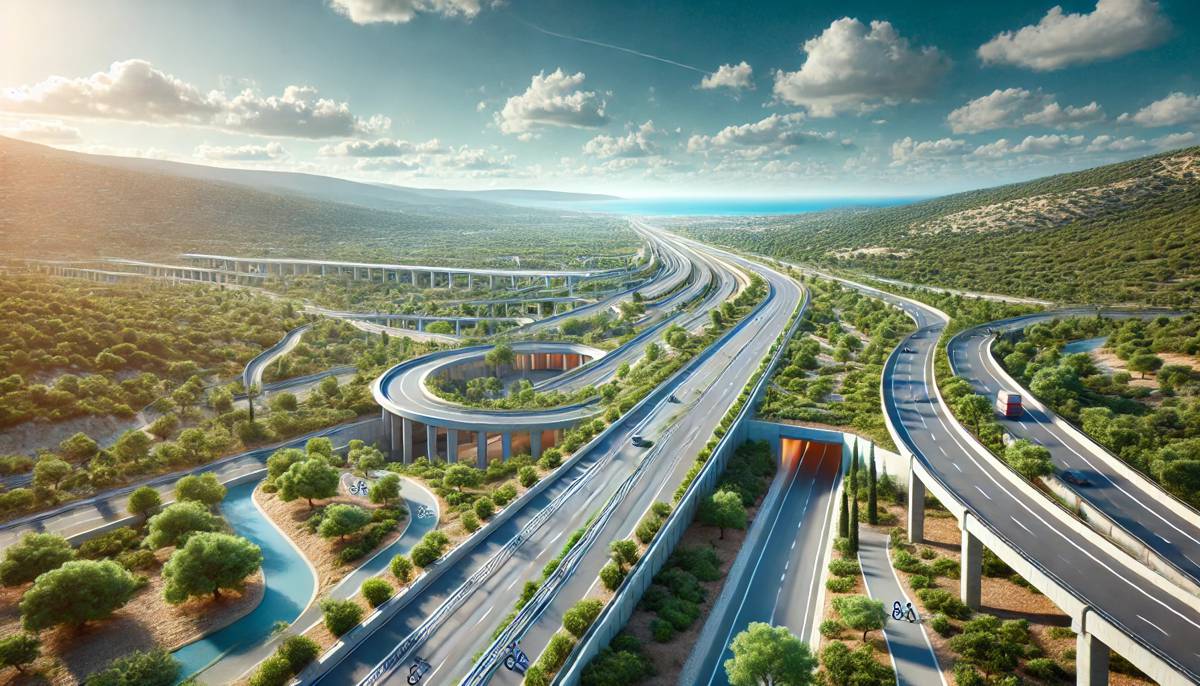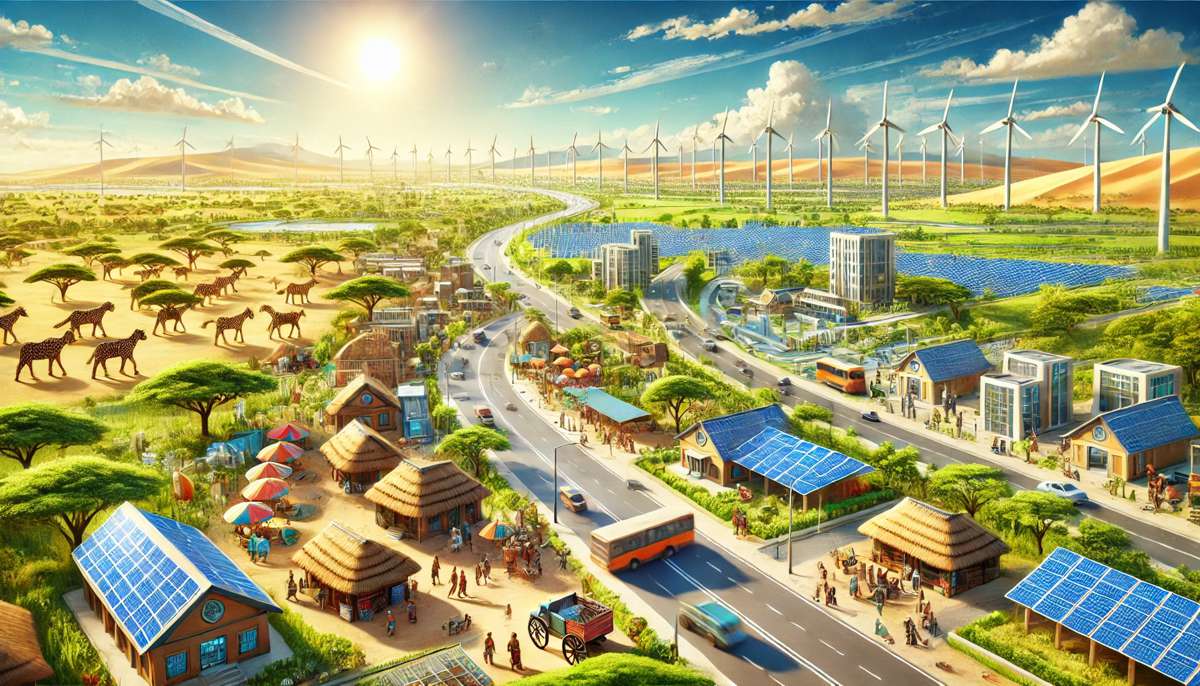Veolia’s Desalination Project in Morocco a Blueprint for Water Security
Morocco has taken a monumental step in securing its future water supply by teaming up with Veolia, a global leader in environmental services. Together, they’re embarking on what will become the largest seawater desalination project in the country’s history.
This public-private partnership is set to reshape water accessibility for millions, especially in the bustling regions of Rabat-Salé-Kénitra and Fès-Meknès. The memorandum of agreement (MOA), signed between Veolia and the Kingdom of Morocco, underscores a long-term vision to counteract the mounting water challenges brought on by climate change.
The partnership will see Veolia design, build, and manage a state-of-the-art seawater desalination plant along Morocco’s Atlantic coastline near Rabat. But this isn’t just another infrastructure project—it’s a cornerstone in Morocco’s strategy to bolster water security using sustainable technologies. With a staggering production capacity of 822,000 cubic meters of fresh water daily (amounting to nearly 300 million cubic meters annually), this facility will be a lifeline for around 9.3 million people.
A Long-Term Commitment to Morocco’s Water Needs
The project isn’t just about solving an immediate problem; it’s a 35-year commitment. Veolia will oversee the construction, financing, and long-term operation of the desalination plant, ensuring consistent water supply for decades to come. By structuring the deal as a public-private partnership, Morocco is effectively leveraging private sector expertise and capital to address one of its most pressing concerns: water scarcity.
At its core, this project aligns with Morocco’s ambitious national water strategy, which aims to adapt to climate challenges while ensuring sustainable access to water. With droughts becoming more frequent and severe, particularly across North Africa, the need for innovative water solutions is more urgent than ever.
Integrating Renewable Energy for a Greener Future
What sets this desalination initiative apart is its focus on sustainability. Veolia plans to power the facility with low-carbon electricity sourced primarily from renewable energy. This is a key differentiator in an era where environmental impact is at the forefront of infrastructure projects. By relying on green energy, the plant not only addresses water scarcity but also aligns with Morocco’s broader energy transition goals.
This push for renewable energy reflects Morocco’s leadership in sustainability across Africa. With major investments in solar and wind power, the country aims to achieve over 52% renewable energy capacity by 2030. Integrating these energy sources into the desalination process is a strategic move that reduces the project’s carbon footprint while keeping operational costs manageable.
Balancing Costs with High Performance
Veolia’s extensive experience in water management ensures that this desalination plant won’t just be another costly infrastructure venture. The company is leveraging its expertise to optimize both investment and operational costs, effectively delivering water at a competitive price point over the facility’s entire lifecycle. This focus on cost efficiency is crucial for maintaining affordability in water tariffs, especially given the project’s scale.
By adopting cutting-edge desalination technology, Veolia aims to maximise plant performance while minimising costs. Innovations in reverse osmosis, energy recovery systems, and process automation are expected to play key roles in achieving this balance. In the end, it’s about delivering the best value to Moroccan citizens while ensuring a sustainable and reliable water supply.
Addressing Water Scarcity in Morocco
Morocco’s geography, with its expansive coastline and arid interior, makes it particularly vulnerable to water shortages. The new desalination plant isn’t just about quenching today’s thirst—it’s about future-proofing Morocco’s water infrastructure. By tapping into the vast Atlantic Ocean, this project provides a stable water source that’s not reliant on unpredictable rainfall.
The desalination facility is part of a broader strategy to diversify Morocco’s water sources. Beyond desalination, Morocco is investing heavily in water conservation, wastewater treatment, and improved irrigation techniques to maximise its existing resources. The Rabat project stands as a testament to the country’s proactive approach to water management in the face of climate uncertainties.
The Strategic Importance of the Rabat-Salé-Kénitra and Fès-Meknès Regions
Why target these regions? Rabat, the capital, along with the adjacent cities of Salé and Kénitra, forms a significant economic corridor in Morocco. Meanwhile, the Fès-Meknès region is a hub of agricultural and industrial activity. Together, they represent some of the most water-stressed areas in the country.
By focusing on these critical regions, the desalination project ensures that the economic engines of the nation are kept running smoothly. Water is not just a necessity for life; it’s also the lifeblood of industry, agriculture, and economic growth. Ensuring a stable supply in these areas means safeguarding the livelihoods of millions while sustaining Morocco’s economic development.
Proven Track Record in Desalination
Veolia isn’t new to the desalination game. The company has a strong track record in deploying large-scale water projects around the world. From the Arabian Gulf to Australia, Veolia has been a leader in delivering desalination solutions that balance cost, efficiency, and sustainability.
In Morocco, Veolia’s experience is especially valuable. As water becomes an increasingly scarce resource, the need for efficient desalination technologies has never been greater. Veolia’s expertise in optimising desalination processes ensures that Morocco will have a stable, high-quality water source that’s resilient to the pressures of climate change.
Morocco’s Path to Water Resilience
As Morocco takes bold steps towards ensuring water security, this partnership with Veolia marks a significant milestone. The Rabat desalination plant isn’t just a project—it’s a symbol of what’s possible when forward-thinking strategies meet technological innovation. By combining sustainable energy, cutting-edge desalination technology, and a long-term commitment, Morocco is well on its way to becoming a model for water resilience in a changing world.
The collaboration with Veolia is a clear demonstration that public-private partnerships can drive impactful change. And as the plant begins to take shape, it’s not just about turning seawater into drinking water—it’s about turning challenges into opportunities for a sustainable future.
